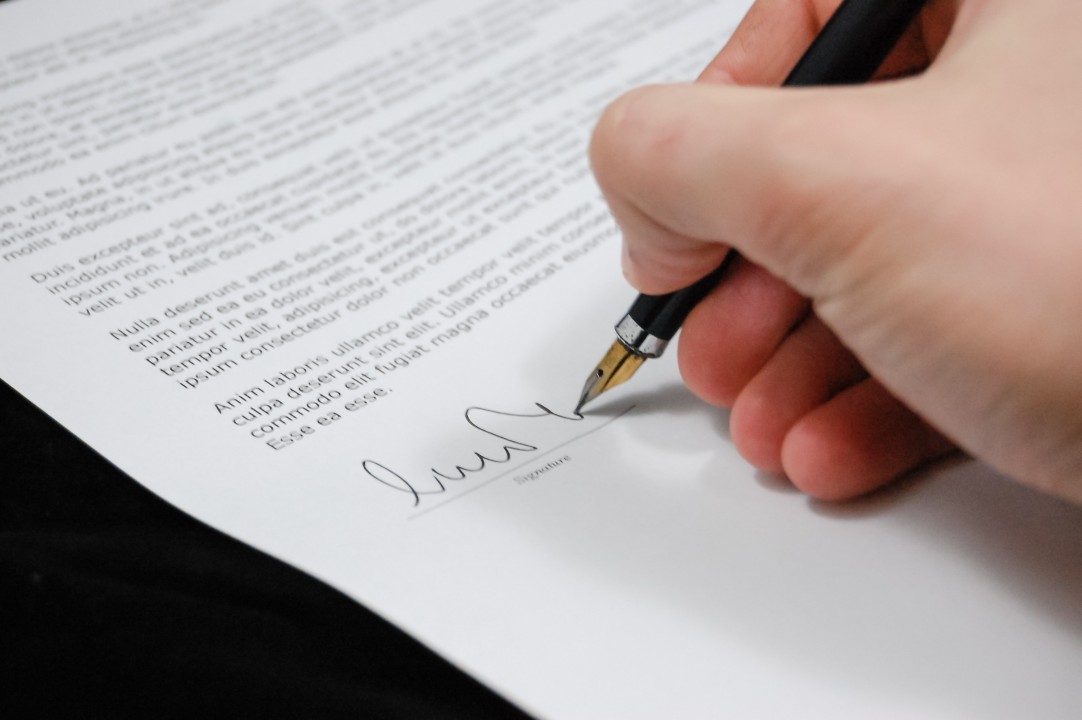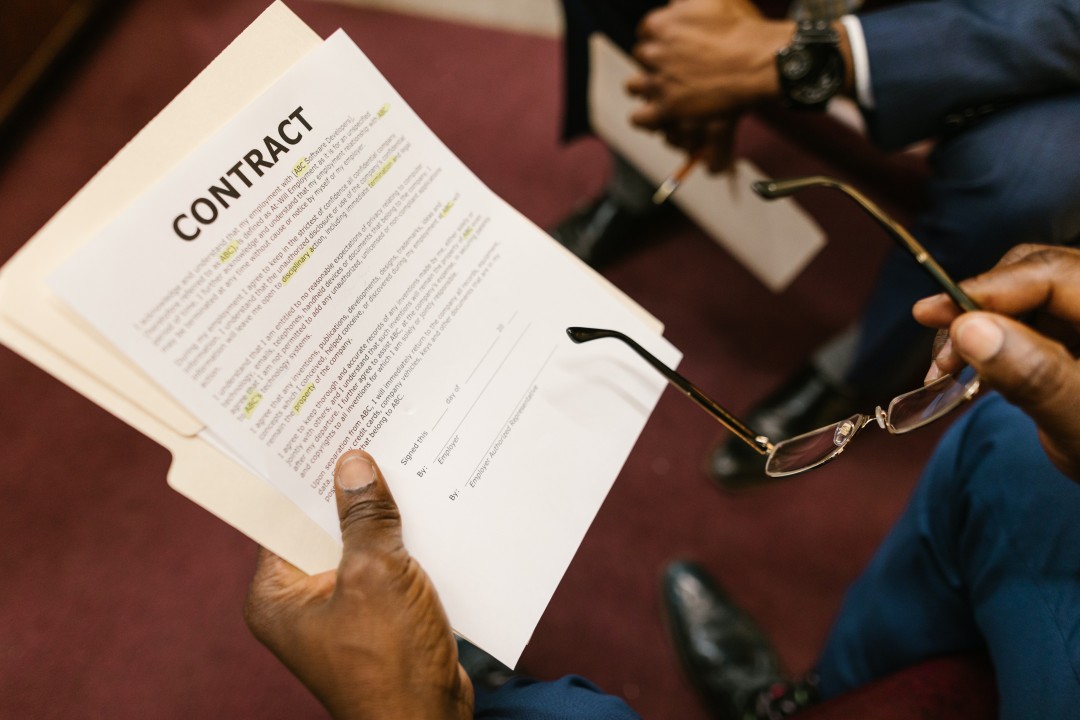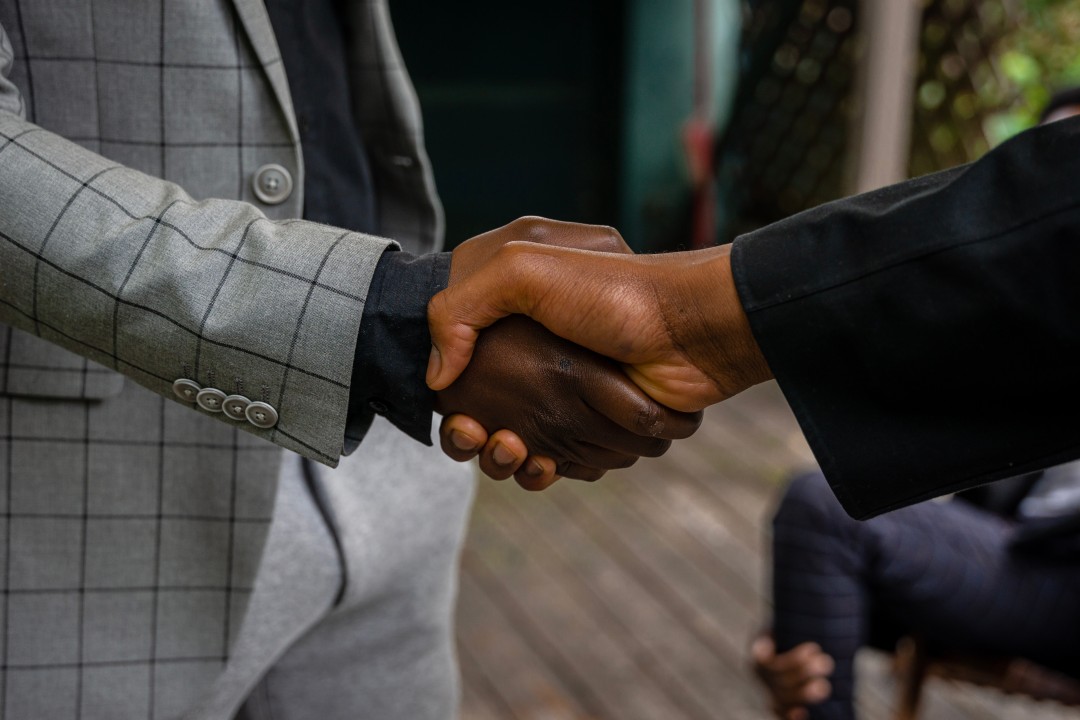Today is the day we take time to recognize all the amazing, accomplished, irreplaceable women around the globe. Women who have propelled us forward since International Women’s Day was first conceptualized more than 100 years ago. Women who have defied the odds and improved the world with their leadership skills, their hard work and their tenacity.
Yet today—more than 50 years after the Rev. Dr. Martin Luther King Jr. called for equality for all and almost 50 years after the Equal Pay Act and the Civil Rights Act were enacted—equality and justice elude women.
Despite years of talking and walking, gender bias persists. Equally educated women and men in the same occupations with similar work experience bring home very different paychecks. Women are significantly underrepresented in the political and business leadership of this country—and this world.
Women lawyers are not immune. Women partners in law firms earn substantially less than their male colleagues, even when they perform exactly the same work and make similar (or even greater) contributions to the administration of their law firms. And while women and men sit alongside each other in relatively equal numbers in American law schools, when it comes to climbing the ladder in their careers, women fall further and further behind. According to the latest survey (PDF) by the National Association of Women Lawyers (NAWL), the percentage of women equity partners (those who have ownership stakes in a firm and share in its profits and losses) at the nation’s 200 largest law firms has remained largely unchanged at 15 percent since NAWL began its survey in 2006. And when it comes to the top leadership posts in law firms (managing partners), the numbers dwindle even more: If I were to meet with 100 managing partners from the nation’s largest firms, chances are only four of them will be women.
Women of color face even greatest challenges—they make up a mere 2 percent of partners, according to a study (PDF) by NALP (the association for legal career professionals). Adding to the depressing news, the pipeline for women partners has become a complicated maze, and thus women are increasingly failing to see a path to success in the legal profession. According to NAWL’s survey, the percentage of women associates (employees with the prospect of becoming partners) in the typical firm has declined slightly during the past two years.
The American Bar Association (ABA), through its Gender Equity Task Force, is committed to finding solutions that will eliminate persistent gender inequities. Our Commission on Women in the Profession has long served as the national voice for women lawyers and is working to secure the full and equal participation of women in our organization, in the legal profession and in our justice system. Our task force has developed a compensation toolkit that will inspire a dialogue about the issue at law firms and bar associations across the country. This toolkit will be followed by extensive information on model compensation policies, as well as advice for women on how to negotiate for themselves and tactics for general counsel looking to eliminate the pay gap in their firms.
The ABA is focused on inequities experienced by women beyond the legal profession. We are proud to have supported the Lilly Ledbetter Fair Pay Act, and we are advocating for the passage of the Paycheck Fairness Act to provide open and honest conversations about salary in the workplace. Whether inequities occur inside or outside the legal profession, persistently undervaluing women’s work diminishes their opportunities, shortchanges families and stunts our economy.
Please click here for a biography of Laurel G. Bellows, president of the American Bar Association.




